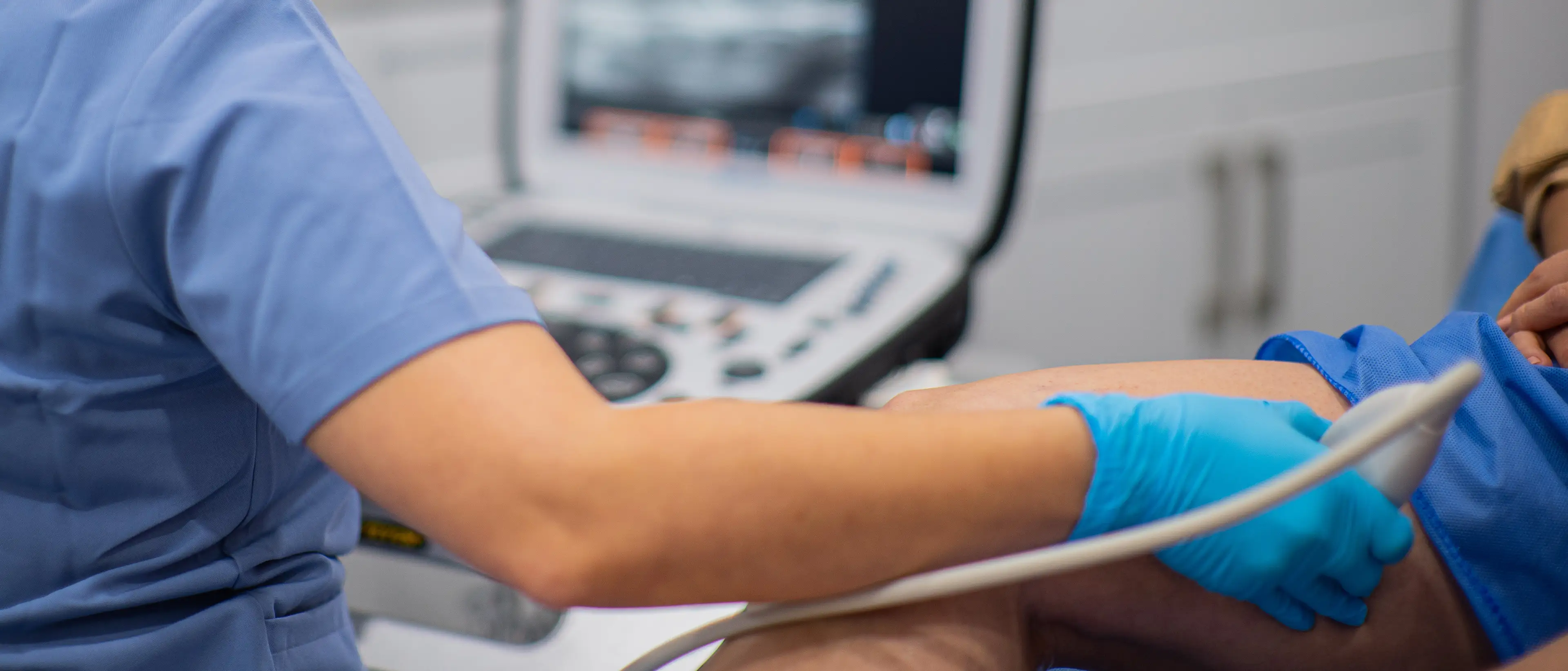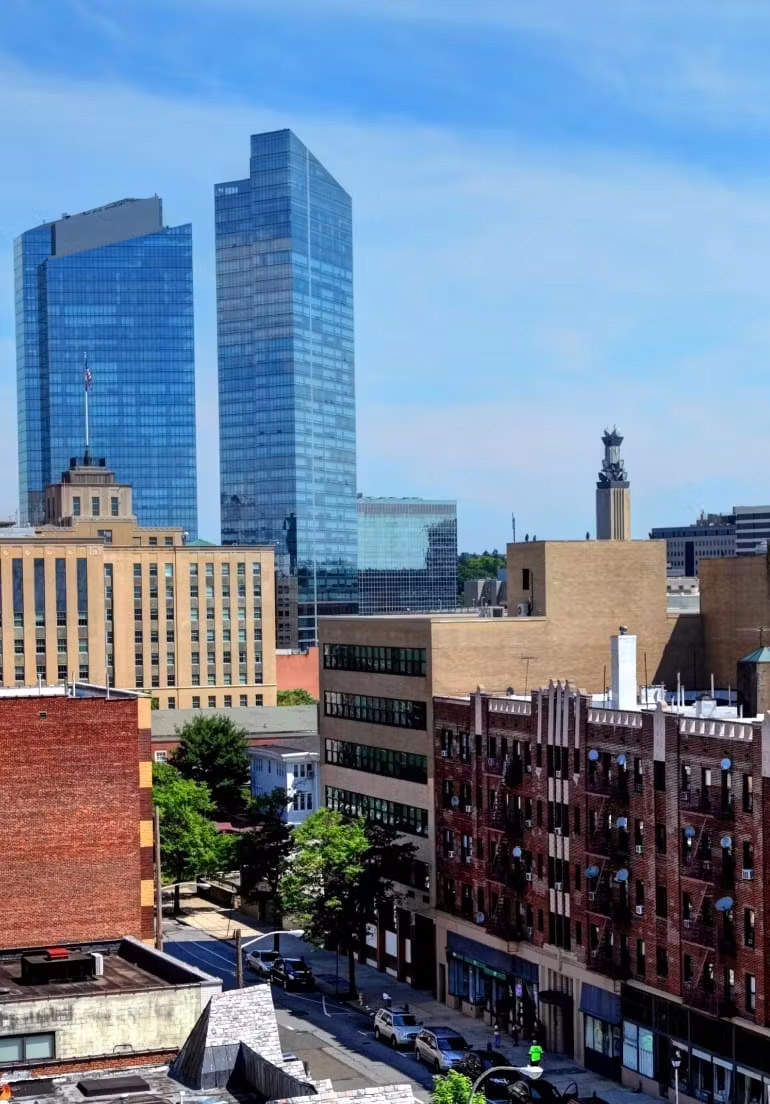
Vein Specialist Near Me?
A vein specialist is a doctor who specializes in treating varicose veins and the underlying condition, venous insufficiency. Ideally, your vein doctor should have completed formal training in endovenous procedures during his/her residency and fellowship training. Qualified vein specialists will possess a training background in vascular surgery, interventional radiology, or interventional cardiology. A recognition of competency is gained with board certification in one of these specialties that is readily available to discerning patients. Other specialties, including pain management, internal medicine, or family medicine, do not hold any formalized training in surgical or minimally invasive endovascular procedures.
Their board-certifications are well deserved, however not in the treatment of varicose veins. Additional specialty training through a vascular fellowship or certification through the American Board of Vascular and Lymphatic Medicine (ABVLM) is recommended. In vein practices across the country, your vein doctor can be categorized in one of three ways:
- Vascular Surgeon
- Vein Specialist
- Phlebologist
Who Is The Best Vein Doctor By Specialty?
If you have varicose veins or chronic venous insufficiency, the best type of doctor to see is an ABMS board-certified specialist with a focus on varicose vein disease management. The physician you select should be highly trained and have specialty-specific training in vascular disease.
It’s true that not all vein doctors are vascular surgeons, however considering that vascular disease management requires a significant amount of experience and skill, we recommend you see formally trained vein doctors with board certification in either vascular surgery, interventional radiology, interventional cardiology or appropriate certification through the American Board of Vascular and Lymphatic Medicine (ABVLM).

Vascular Surgeons
Vascular surgeons possess formalized training backgrounds in the management of vascular disease, both arterial and venous. Vascular surgeons must complete 5 years of general surgery training followed by 2 years in sub-specialty training for vascular medicine.
In doing so, vascular surgeons undergo rigorous training in the diagnosis and management of surgical disease, including endovascular, minimally invasive techniques. Cardiology and interventional radiology fellowships often work in collaboration with vascular surgery programs to provide in-depth training for trainees.
With the completion of the training program, vascular surgery fellows will be tested for ABMS (American Board of Medical Specialties) board certification to demonstrate their competency in the management of venous and arterial disease. This includes recognition as a board-certified expert to diagnose and treat varicose vein disease.
Advantages of Vascular Surgeon:
- Board-certified vascular specialists with completion of intensive residency and fellowship training for vascular medicine
- Best-suited to manage both simple and complex vein disease due to breadth of training
- Can provide complete care for both pre and post-procedure management
- Maintain hospital privileges for vascular medicine (Hospital accreditation for vascular medicine is based on board certifications in ABMS-only recognized specialties)
Need to Consider:
- Every training program has different exposures to endovascular treatments. Varicose vein disease is now managed with minimally invasive techniques rather than vascular surgery. Be certain that your vascular surgeon treats vein disease with modern, non-surgical techniques when appropriate
Whom Should You See For Varicose Veins?
Our varicose vein specialists at the Vein Specialist Centers can be trusted to provide the right skills and experience for vein treatment. Our doctors are skilled in all minimally invasive treatment methods, including sclerotherapy, radiofrequency ablation (RFA), endovenous laser ablation (EVLA), Varithena, and Ambulatory Phlebectomy. When you meet one of our varicose vein specialists, you can expect an individualized treatment plan that will not only help you feel good but also look refreshed.
To schedule a consultation with an experienced varicose vein specialist, get in touch with the Vein Specialist Centers today. Our vein doctors are recognized leaders in the field of diagnosing and treating vein disease. For your convenience, the Vein Specialist Centers has multiple state-of-the-art facilities across NJ and NY to eliminate varicose veins and cure chronic venous insufficiency.
Phlebologists
Phlebologists have varied backgrounds, including general surgery, internal medicine, pain management, cardiologists, and even vascular surgery. The American Board of Phlebology was only established in 2007 with the goal of setting standards of vein practice but is not ABMS-recognized. Phlebologists with this certification do not need to complete any formalized training programs in vascular medicine but can obtain “board certification” simply by passing a written test. As stated above, vascular training can only be formally obtained during a fellowship in vascular surgery, cardiology, or interventional radiology. During these programs, trainees undergo supervised education over several years learning technical competency and safe practices for endovascular procedures. Other residency programs, including internal medicine, pain management, and family medicine simply do not provide this level of training as it is outside the scope of their practice. As such, board certification in phlebology or ABVLM (American Board of Vascular and Lymphatic Medicine) does not imply the completion of formal training in vascular medicine. Phlebologists without training in either vascular surgery, cardiology, or interventional radiology should not be automatically assumed as vascular specialists. In many instances, the procedural training for phlebologists may be limited to just weekend development courses hosted by industry.
Advantages of Phlebologists
- A limited number of physicians who have also completed formalized training programs in either vascular surgery, interventional radiology, or invasive cardiology.
Need to Consider
- Phlebologists should be examined for backgrounds in ABMS-recognized specialties such as interventional cardiology or vascular surgery
- A written examination is the only requirement for obtaining ABVLM certification
- Phlebologists with incomplete training are not required to be experts in vascular management
Vein Specialist
A vein specialist is used by many practicing vein doctors with varied backgrounds similar to phlebologists. Again, it should be emphasized that a vein specialist should have ABMS-recognized board certification in one of three specialties: Invasive cardiology, vascular surgery, or interventional radiology, to demonstrate the highest level of competency in vascular disease management. ABVLM board certification or alternatively board certification in non-vascular specialties such as internal medicine, family medicine or dermatology do not include supervised training during residency/fellowship for endovascular procedures, including its potential complications. And while modern varicose vein treatment no longer requires surgery, it does not imply that a vascular specialist is not recommended.
Advantages of Vein Specialists
- Vein Specialists are ideally ABMS board-certified in either vascular surgery, invasive cardiology, or interventional radiology
- Interventional specialties possess unique skills for minimally invasive techniques learned during rigorous training programs

In Summary
Finding the right vein specialist is the most important step towards getting the right diagnosis and treatment. The Vein Specialist Centers are a premier destination for spider and varicose vein treatment. Our team of vein specialists has been carefully selected based on their training background, reputation, and favorability rating with patients. The experience has been great for our patients, and we look forward to helping you. Contact us today to schedule your consultation.
